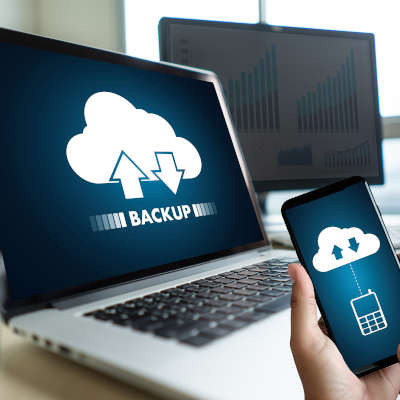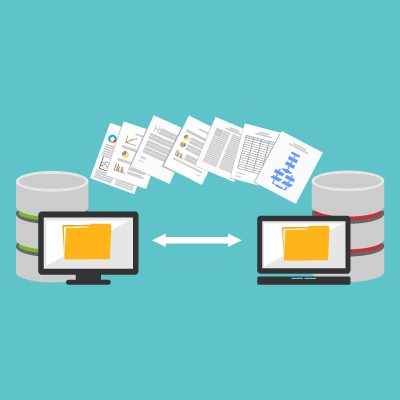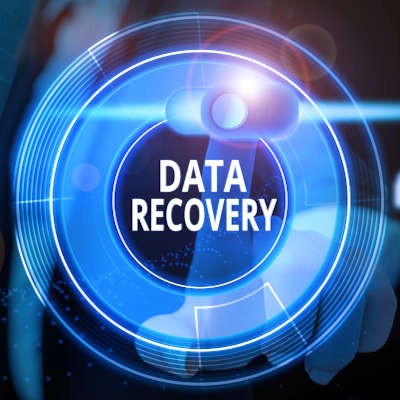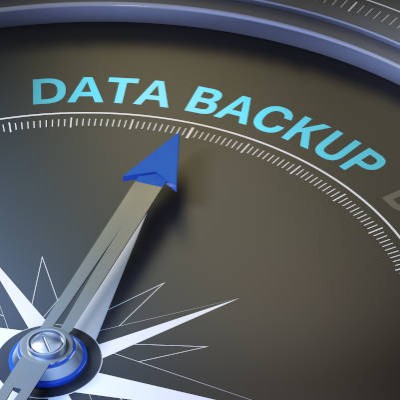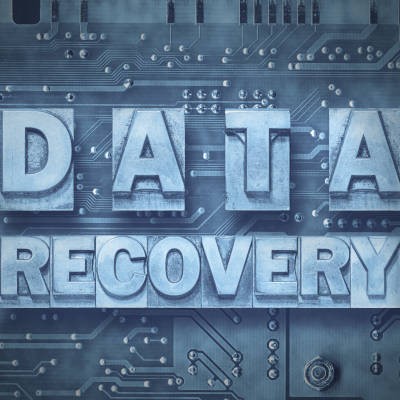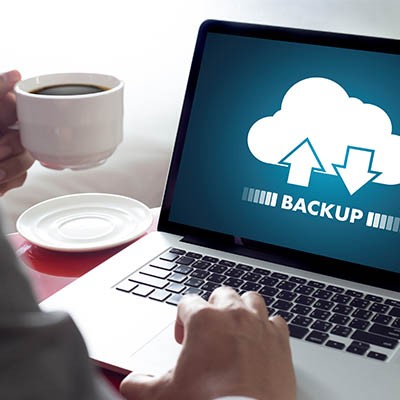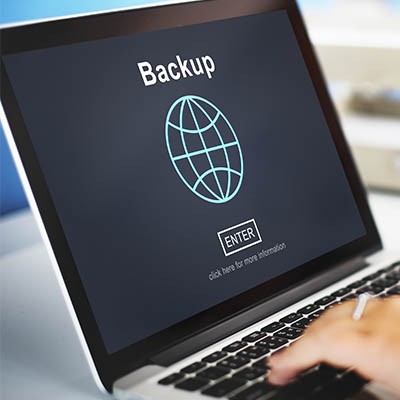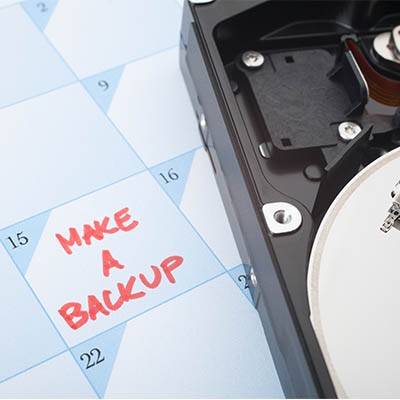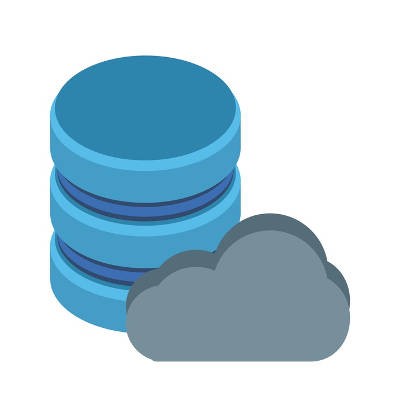Ferrum Technology Services Blog
Every business owner wants to protect their data. Even if they don’t pour money into doing so, they typically still understand the importance of it. That’s why three-out-of-every-four businesses perform a backup at least once per week. It’s still good to be reminded how to make sure your backup can work for you. Let’s go over a few basic considerations to make if you want a data backup that you can trust.
We tell every business owner we come into contact with the same thing: If you haven’t done so yet, you‘ll want to establish a data backup strategy. Some businesses are really small, some operate in industries where the cost of backing up data is seemingly prohibitive to the success of the business. To the people that operate those businesses, we repeat: If you haven’t done so yet, you‘ll want to establish a data backup strategy. Let’s examine why.
Backup strategies vary. Some companies choose theirs for its value. Some back up everything. Some ignore it all together. While we definitely don’t advise the latter, we do understand that it is a financial investment for what is essentially insurance. What’s more effective is building a backup plan that fits the type of data you create and store.
The tragic reality of the COVID-19 pandemic is that businesses are in a very uncomfortable situation. As the virus made its way around the world, many businesses have had to enact their version of a disaster recovery policy. Not all businesses will look at this the same way, but if you want your business to have the kind of continuity that will allow it to get through tough situations like this, formally creating a disaster recovery policy will put you in the position to weather any storm you encounter.
No one can tell when a disaster is going to strike or what form that disaster is going to take. The cause could be a storm, human error, or some freak occurrence that nobody could have seen coming. In order to get back up and running after one of these incidents a company needs to have a strong business continuity strategy. An essential part of this strategy is knowing how to recover data depending on the way it’s lost. Getting data back and working for your company is the only way to stave off ruin, so let’s look at data recovery strategies that can literally save your business.
How are you protecting your data from disaster? If you don’t have a backup and disaster recovery platform in place you are missing one of the most crucial parts of managing your business’ Think about it, if your organization were to suddenly lose a significant portion of its data, would it be able to continue to function effectively?
I wanted to share a few stories we’ve gathered about times when a person or business has lost data. First, thank you to everyone who shared these stories with us and allowed us to publish them on our blog, and… we’re glad you made it through. The first one is a story about someone who learned their lesson the hard way.
We repeatedly talk about the need for data backup and efficient recovery practices in order to save your business from disaster. These disasters come when you least expect them and can really put a hurting on your business. Today, we’re going to take a look inside the retail sector to find why your average stores need to have resilient and up-to-date data backup in place.
Imagine having a data backup and disaster recovery solution, thinking you’re prepared to handle anything that comes your way. Then disaster strikes and recovery is impossible. If you had tested your solution beforehand, it may have been possible to prevent this misstep entirely. What kind of disasters need to be prepared for, and how can you make sure your testing takes them into account?
Businesses must be very careful when considering how to secure their future. One of the best ways to do so is by implementing solutions that keep your organization alive in the face of adversity. Data backup and disaster recovery is one way you can make sure unfortunate circumstances don’t hold your business back from succeeding in the future.
It’s not always hackers that create dangerous situations for your organization. Threats can come from even unforeseen locations, such as your business’s network. No matter what the threat is, though, you have to be extremely careful about the little things that spell doom for organizations just like yours. One of these is failing to have a data backup solution in place.
Disaster recovery isn’t the easiest topic to approach for a business, and it’s precisely because it’s something that nobody ever wants to talk about. The reality of the situation is that it’s something that must be discussed, as the future of your organization depends on it. This might seem like an exaggeration, but we assure you that it’s not.
All businesses need to be as efficient with their resources as possible. You might be surprised by the difference you can make simply by using your data more effectively. Stronger data management platforms, or DMPs, can put you in a better position to understand your organization’s needs, including its market and its customers. It’s time to look at how a DMP can make your business more effective and resource-efficient.
Has your business taken measures to protect its future from unfortunate events? By this, we mean any situation where your business faces certain annihilation at the hands of a data loss incident, natural disaster, or user error situation. Of course, data backup doesn’t necessarily have to be preventative in these instances. In fact, it can provide a return on investment simply by existing during normal operations.
It’s no surprise that businesses will avoid spending money on things they don’t need at all costs. While it might seem harmless to avoid investing in certain technology solutions that just aren’t needed, one that you absolutely cannot go without is data backup and disaster recovery. A business that doesn’t survive disasters can’t succeed, so if you want a future for your business, it’s important to invest now before you can’t later on.
While not every business needs to worry about hurricanes, the same can’t be said for other kinds of disasters out there. Tornadoes, fires, and other natural disasters could strike at any moment depending on geographical location, but if you’re prepared, you can limit the influence these events have on your organization’s future.
Sometimes an issue on your computer causes it to be so far gone that drastic action is needed to get it back in gear. This is where the bare metal restore comes in, and it’s something that you only want to do in the event that you encounter a problem that is just too much to bear. We’ll walk you through what this is, what it involves, and why you might have to do it in the future.
Whenever we get the chance, we emphasize the importance of having a business continuity plan. The bigger your business, the more important it is to have a comprehensive plan in place--and when your business loses data, it’s losing countless opportunities in the future. Your business’ future is on the line, and if you don’t take steps to protect it now, you could lose everything you’ve worked so hard to attain in the blink of an eye. Here are some of the most surprising statistics regarding data backup and disaster recovery.

